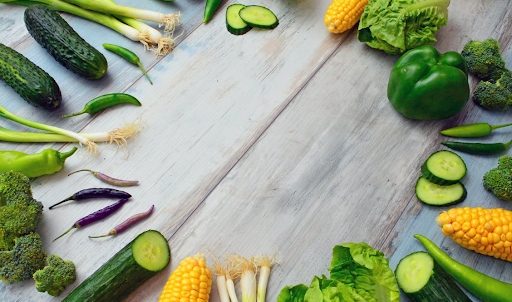Switching to an organic diet doesn’t mean that you have to cut out alcoholic beverages. There are plenty of organic wine and beer options available at your local organic market right now! If you’re thinking about trying some organic alcohol varieties or you just want to learn more about what sets organic beer and wine apart from conventional beverages, Organic Restaurants is here to help.
How Organic Beers Differ From Conventional Beers
The term “organic” can actually mean a few different things depending on the beer brewer you are dealing with. To some, organic just means that their beer is made with local ingredients that were grown and farmed without the use of pesticides, chemicals, or fertilizers. Of course, GMOs are also out. Some other brewers have set their very own strict guidelines for each step of the beer-making process, and only then is their product marketed as organic. Then there are actually some official rules for labeling that affect how organic beer can be marketed.
Organic Beer Labeling
If you look for organic beer at your local store, you may see a few different labels on different brands. Here are some labels that you might notice and what they mean:
100% organic: This means that every ingredient is certified organic. If you’re really concerned about going organic, these are the types of beer brands that may end up being your first choice.
Organic: A label that simply says the beer is organic means that most of the ingredients used to make this product are organic. It’s not 100% organic though. Up to five percent of the ingredients in this beer could be non-organic and still allow it to get the “organic” label.
Made with organic ingredients: This is just what it sounds like. Some of the ingredients are organic, but not all of them are. Usually, this label indicates that 70% of the ingredients used are organic, but there might be a mix of similar organic and non-organic ingredients. For example, this beer might use organic hops alongside non-organic hops.
What Makes a Wine Organic
Some countries have developed their own standard for organic winemaking, but it can be confusing because there are multiple ways to certify a wine is organic and different standards for doing so. What you can expect from an organic wine is that no pesticides or fertilizers are used to grow the grapes used. Sulfites, which are naturally occurring in wine, are also sometimes added after the fact, but that’s frowned upon among organic winemakers.
Some farmers even hold themselves to higher standards, opting for completely sustainable practices or a “biodynamic” approach, which sees the vineyard as a self-sustaining ecosystem. These wines will generally be labeled as such, but there is no formal certification for either of these approaches just yet.
Find the Organic Brewery Near You
Now it’s time to visit the Organic Restaurants website to learn even more about organic food and beverages, even alcohol. Our website will make it easy to find the new organic brewery or eatery near you.
Find restaurants with organic options near you
Search by city or see restaurants close to you.






 Sign in with Google
Sign in with Google Sign in with Facebook
Sign in with Facebook